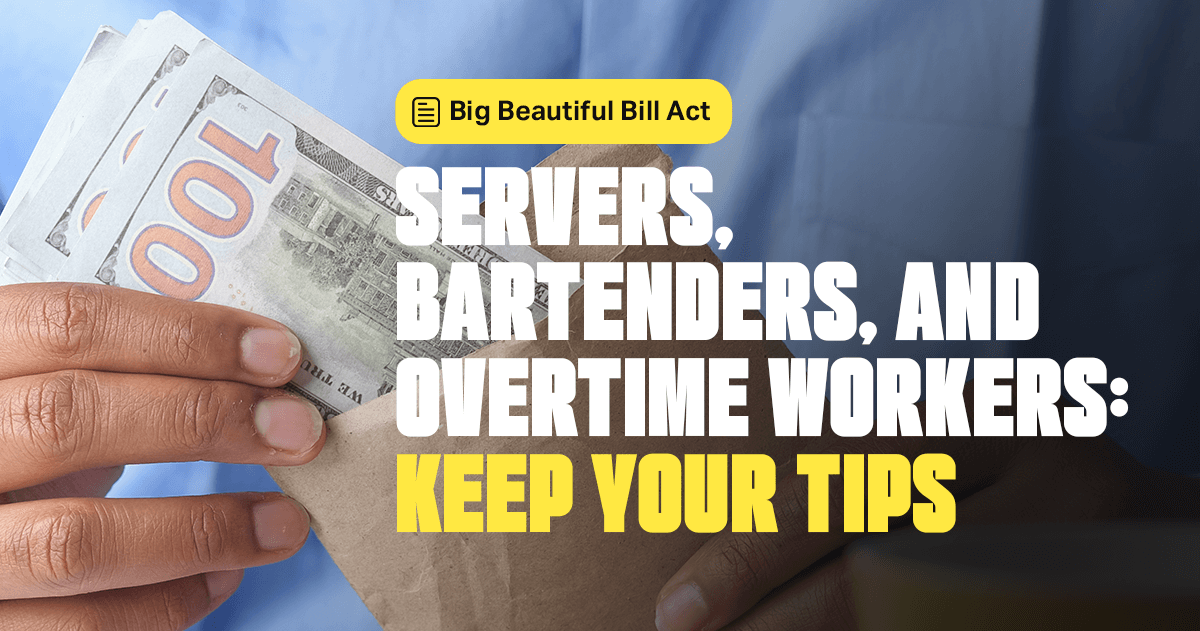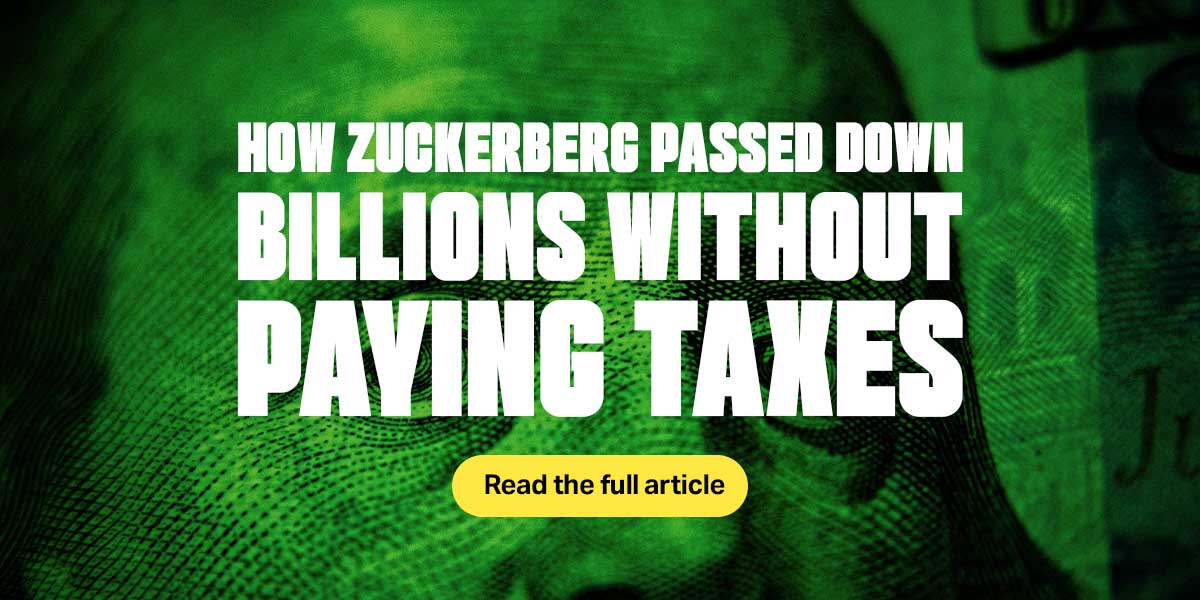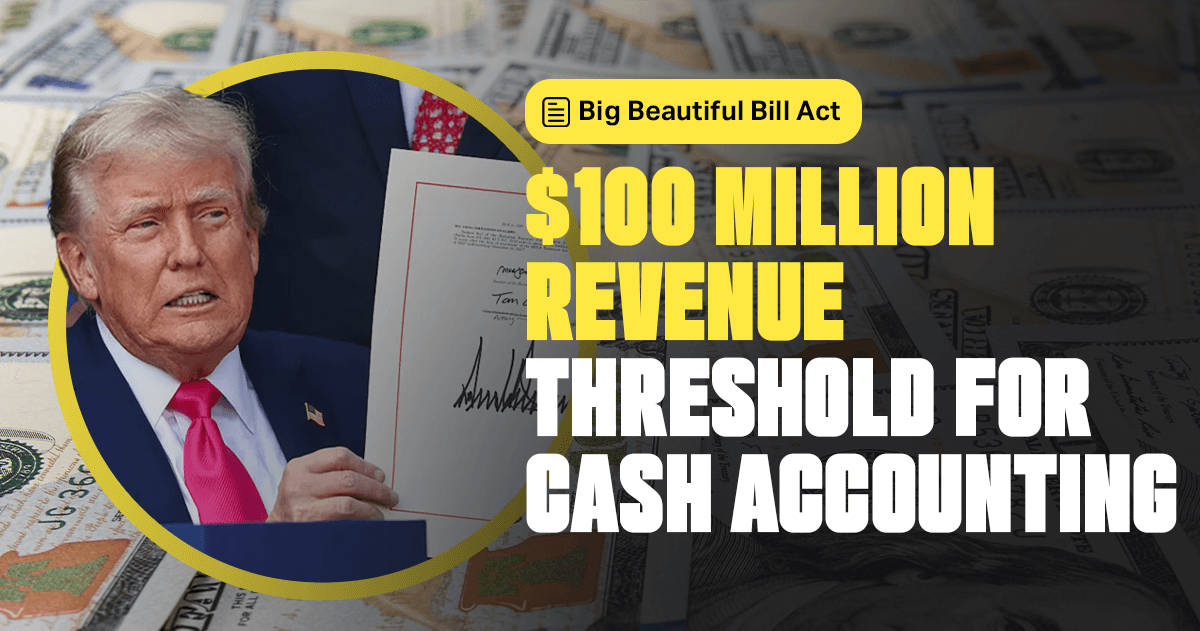Here’s something that’ll make every server, bartender, and overtime worker in America want to buy Trump a beer: You can now keep your tips and overtime pay without Uncle Sam taking his cut.
I was having dinner at this local steakhouse last week—nothing fancy, just a place where the waitress knows your name and the food doesn’t cost more than your car payment. Our server, Maria, has been working there for about ten years. Good woman, works her ass off, always hustling to take care of her customers.
She brings me my check and I’m doing the math on the tip when she says, “You know, I heard something crazy on the news about not paying taxes on tips anymore. That can’t be real, right?”
I said, “Maria, how much do you make in tips in a good year?”
“Maybe $25,000? Sometimes more during the holidays.”
“Well, you just got yourself a $7,500 raise.”
The look on her face was priceless. Pure disbelief mixed with that kind of hope you get when something sounds too good to be true but you really, really want it to be true.
I didn’t grow up on the right side of money, so I know what it’s like to bust your ass for every dollar and then watch the government take their bite out of money you earned with sweat and hustle.
Trump’s Big Beautiful Bill just told millions of working Americans they can keep more of what they earn through tips and overtime.
But let’s be honest—most people in the service industry don’t understand how this works or what the limitations are. So let me break this down like you’re sitting at my kitchen table, not in some accountant’s office.
First, the tips. If you work in a job that traditionally receives tips—servers, bartenders, hairdressers, delivery drivers, taxi drivers, basically anyone who provides personal service—you can now deduct up to $25,000 in tip income annually. That’s not $2,500. Twenty-five thousand dollars. Tax-free.
But there are rules. There are always rules.
The tips have to be voluntary—not some mandatory service charge the restaurant adds to your bill. They have to be paid by someone other than your employer. And here’s the kicker—if you make more than $150,000 annually as a single person (or $300,000 as a married couple), this benefit starts to phase out. Because apparently, if you’re making six figures slinging drinks, the government thinks you don’t need the help.
Second, overtime. If you’re putting in more than 40 hours a week and getting paid time-and-a-half for those extra hours, you can deduct up to $12,500 of that overtime premium annually. Same income limits apply.
How many of you are working two jobs just to make ends meet? How many of you are pulling double shifts, working weekends, grinding out overtime hours just to keep your head above water?
You see what I mean?
This isn’t just about saving money on taxes—this is about recognizing that the people who work the hardest often get paid the least, and maybe they deserve to keep more of what they earn.
Think of it like this: Maria makes $30,000 in base wages and $25,000 in tips. Under the old rules, she’d pay taxes on all $55,000. Under the new rules, she only pays taxes on $30,000. That’s a tax savings of about $7,500 a year for someone who probably makes less than most people spend on their car.
The math ain’t mathin’ if you’re working for tips or overtime and not claiming these deductions.
But here’s what pisses me off—this benefit only runs through 2028. Four years. After that, Congress has to decide whether to extend it or let it expire. So you’ve got a window to take advantage of this, and then who knows what happens.
My buddy works construction. Good guy, skilled tradesman, but he lives on overtime. During busy season, he’ll pull 60-hour weeks for months. That extra 20 hours at time-and-a-half? That’s how he pays for his kids’ school clothes and Christmas presents. Under the new rules, he gets to keep a lot more of that overtime money instead of handing it to Uncle Sam.
This isn’t just about money, though. This is about respect. It’s about recognizing that the people who serve your food, cut your hair, deliver your packages, and work overtime to build your houses deserve to keep more of what they earn through honest work.
I’m not doing this for applause, but I’ve worked service jobs. I’ve ground out overtime hours when I was desperate for money.
I know what it’s like to bust your ass for tips and then realize you owe taxes on money that barely covers your rent.
Money is a game, but this game finally recognizes that service workers and overtime grinders are the backbone of this economy.
You earn tips through great service, you put in overtime hours when others won’t, you claim every deduction you’re entitled to, and you multiply what matters most—your ability to provide for your family without the government taking a cut of your hustle.
So here’s my challenge: If you work for tips or overtime, stop thinking like someone who’s grateful for whatever’s left after taxes. Start thinking like someone who understands that hard work should be rewarded, not penalized.
And if you don’t work for tips or overtime but you know people who do—tell them. Share this. Because the government isn’t exactly advertising this benefit, and too many good people are going to miss out because nobody told them the rules changed.
The shoebox mentality says “pay whatever taxes they calculate and hope for the best.” The no-tax-on-service-income mentality says “keep more of what you earn through sweat and hustle.”
Which worker are you going to be?




















